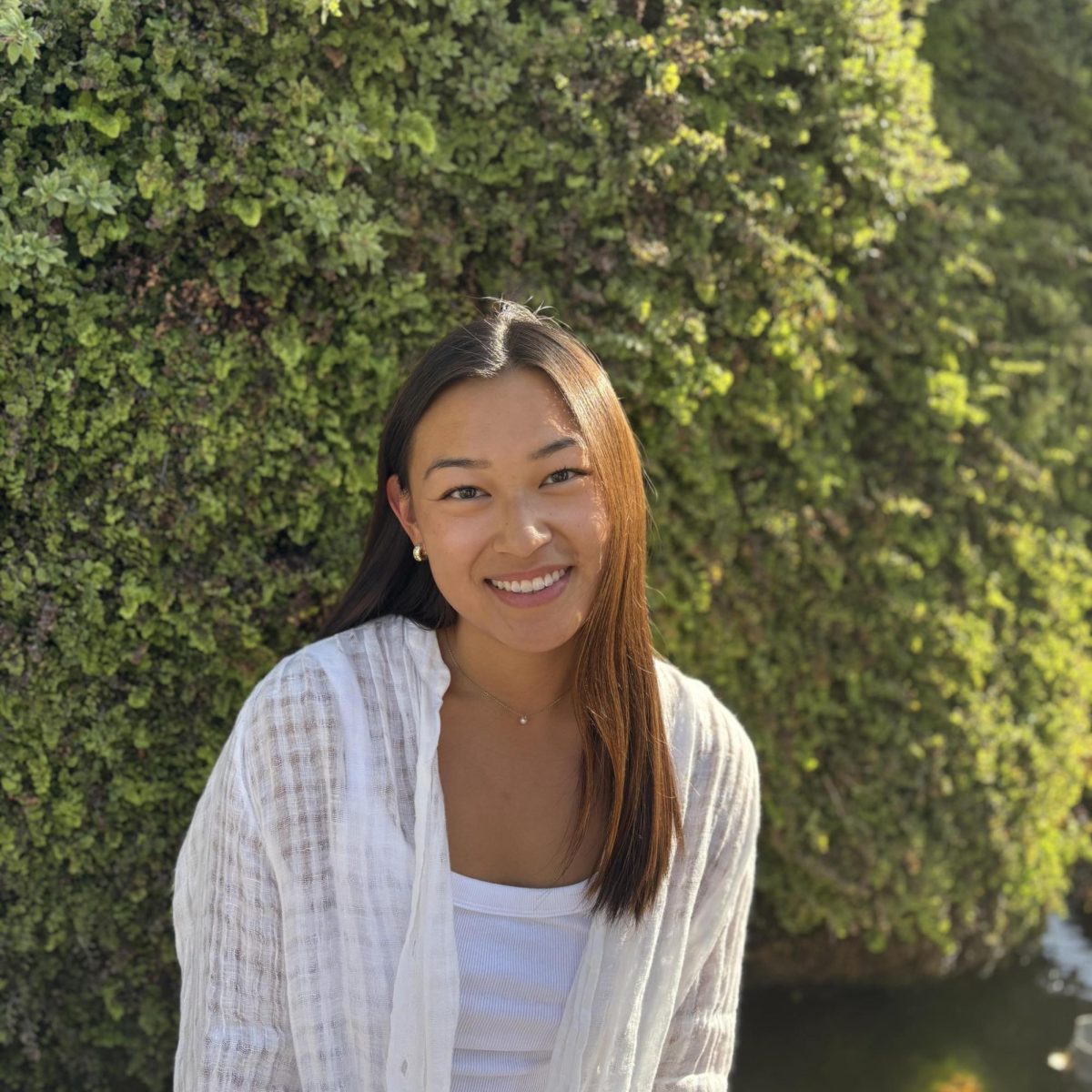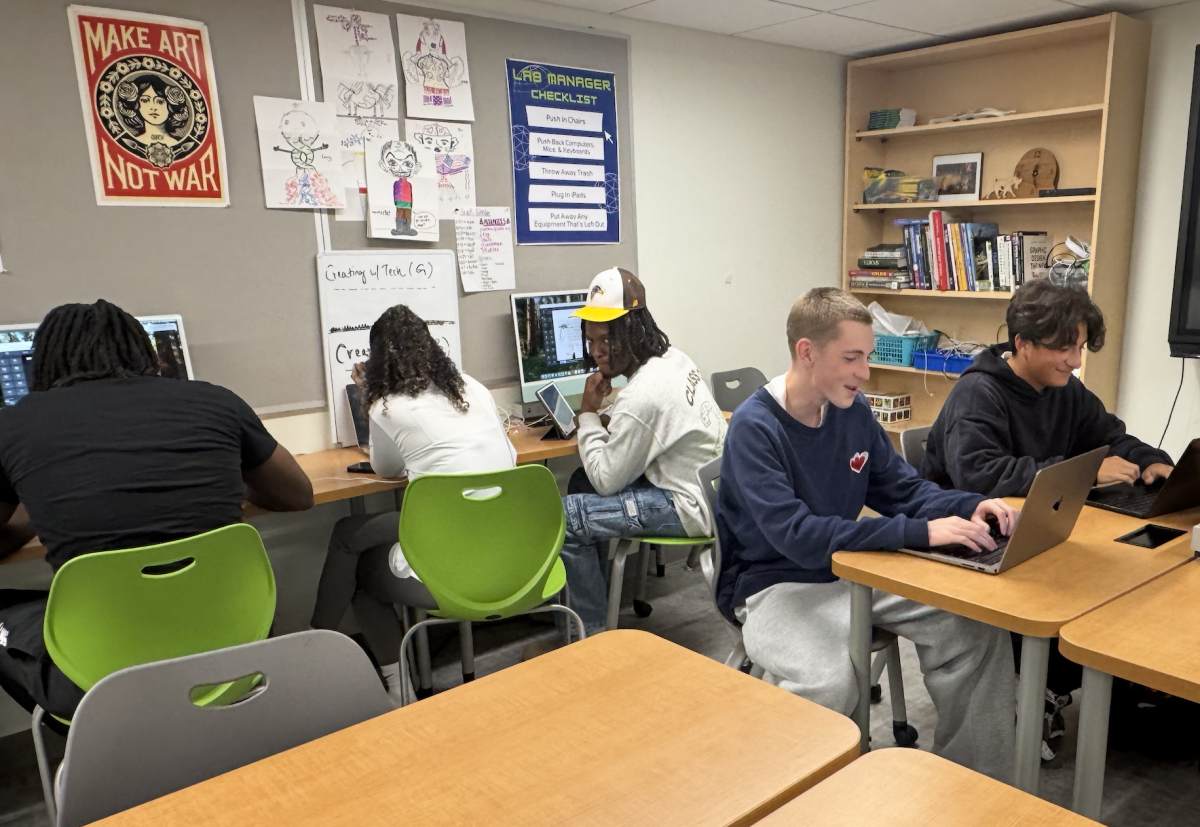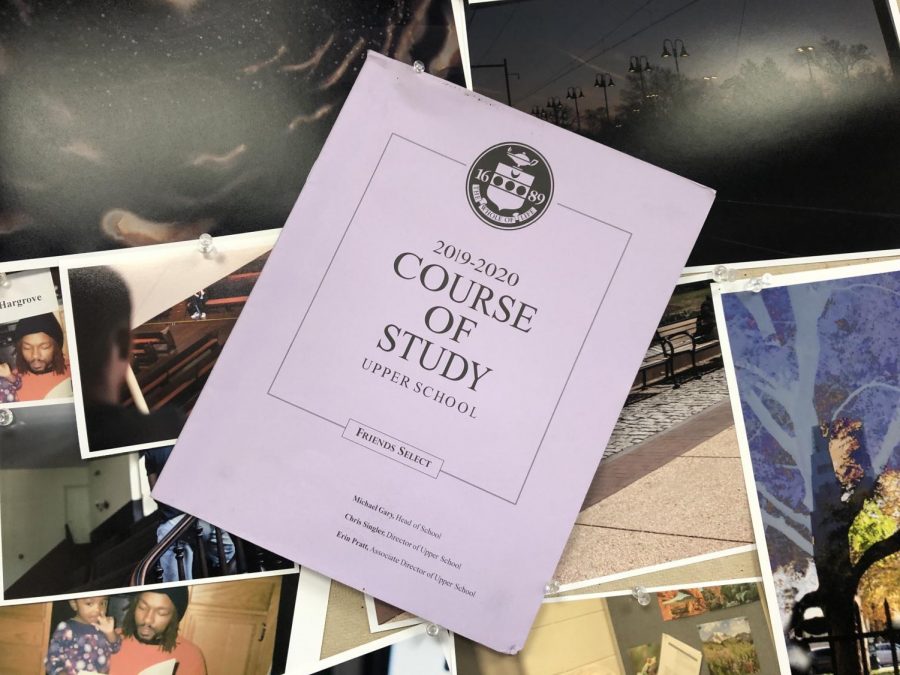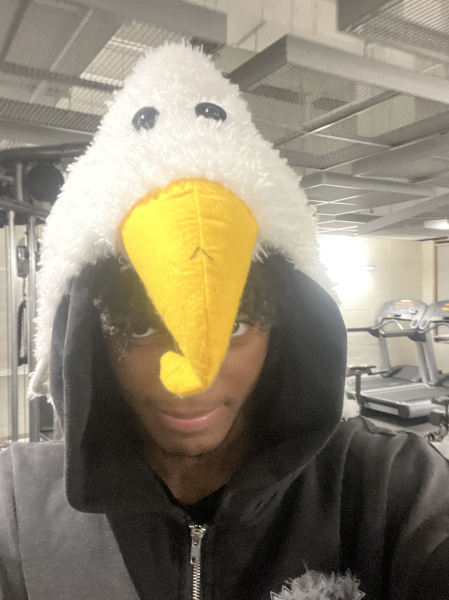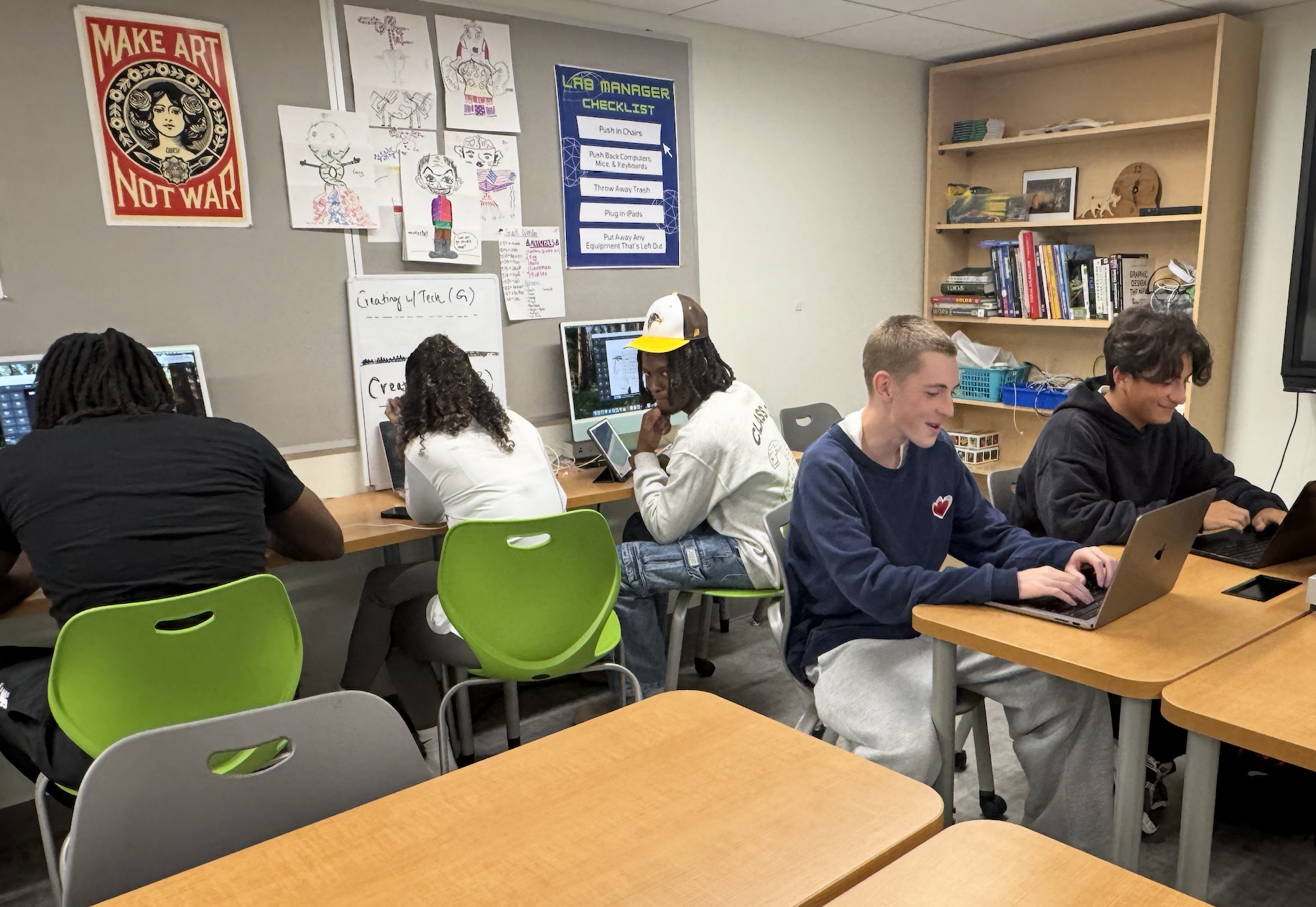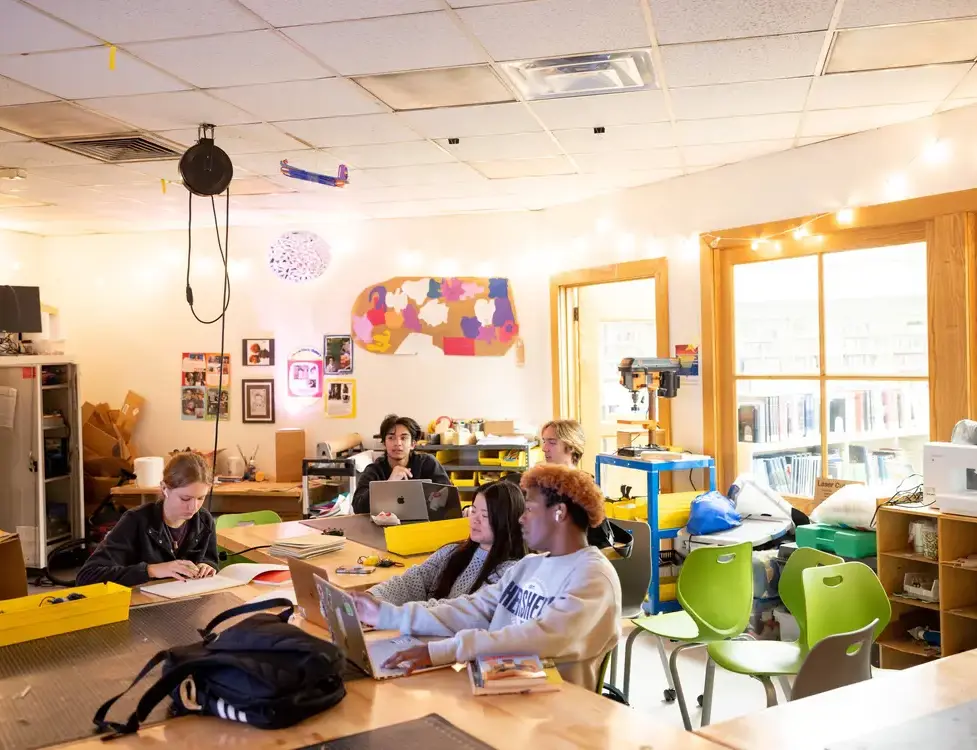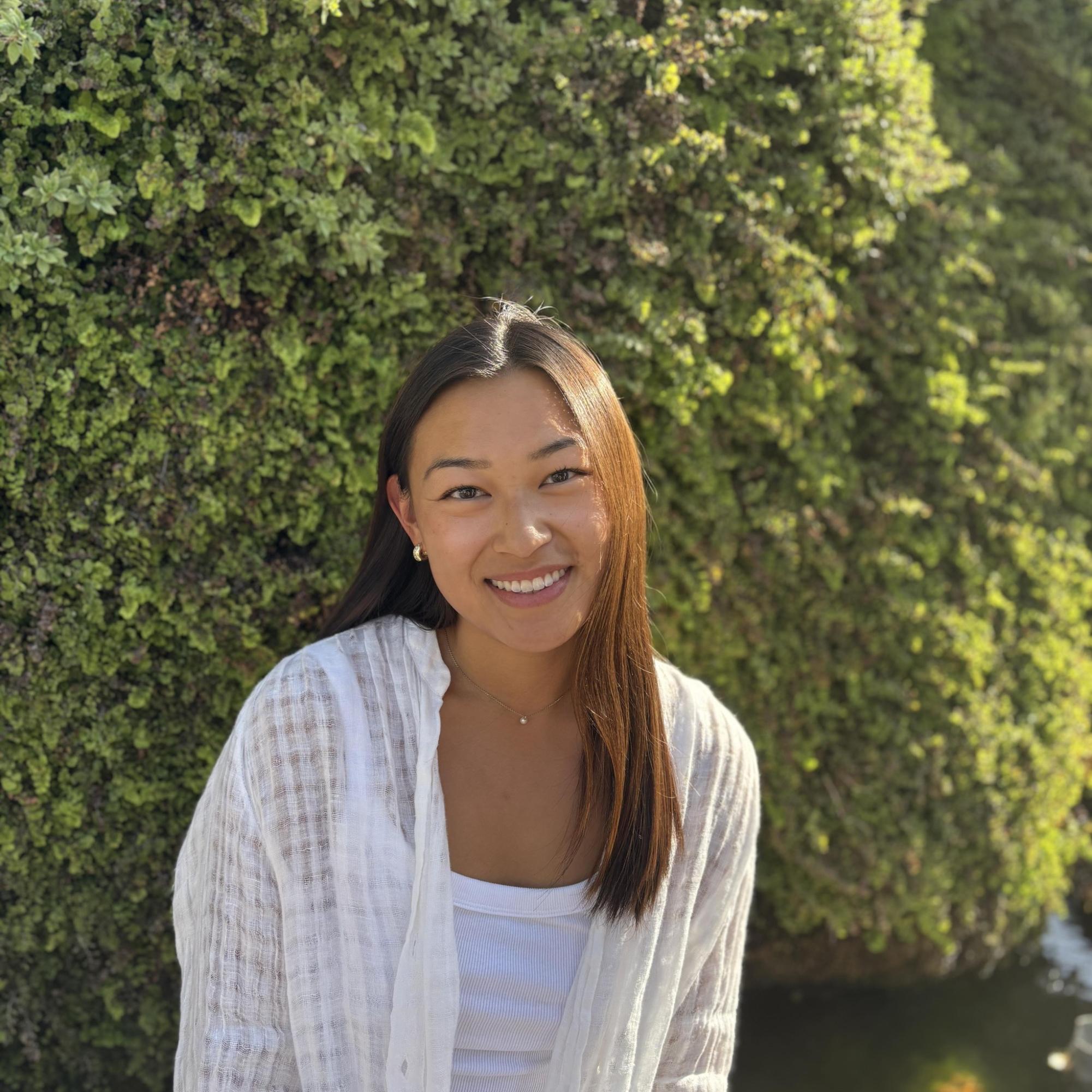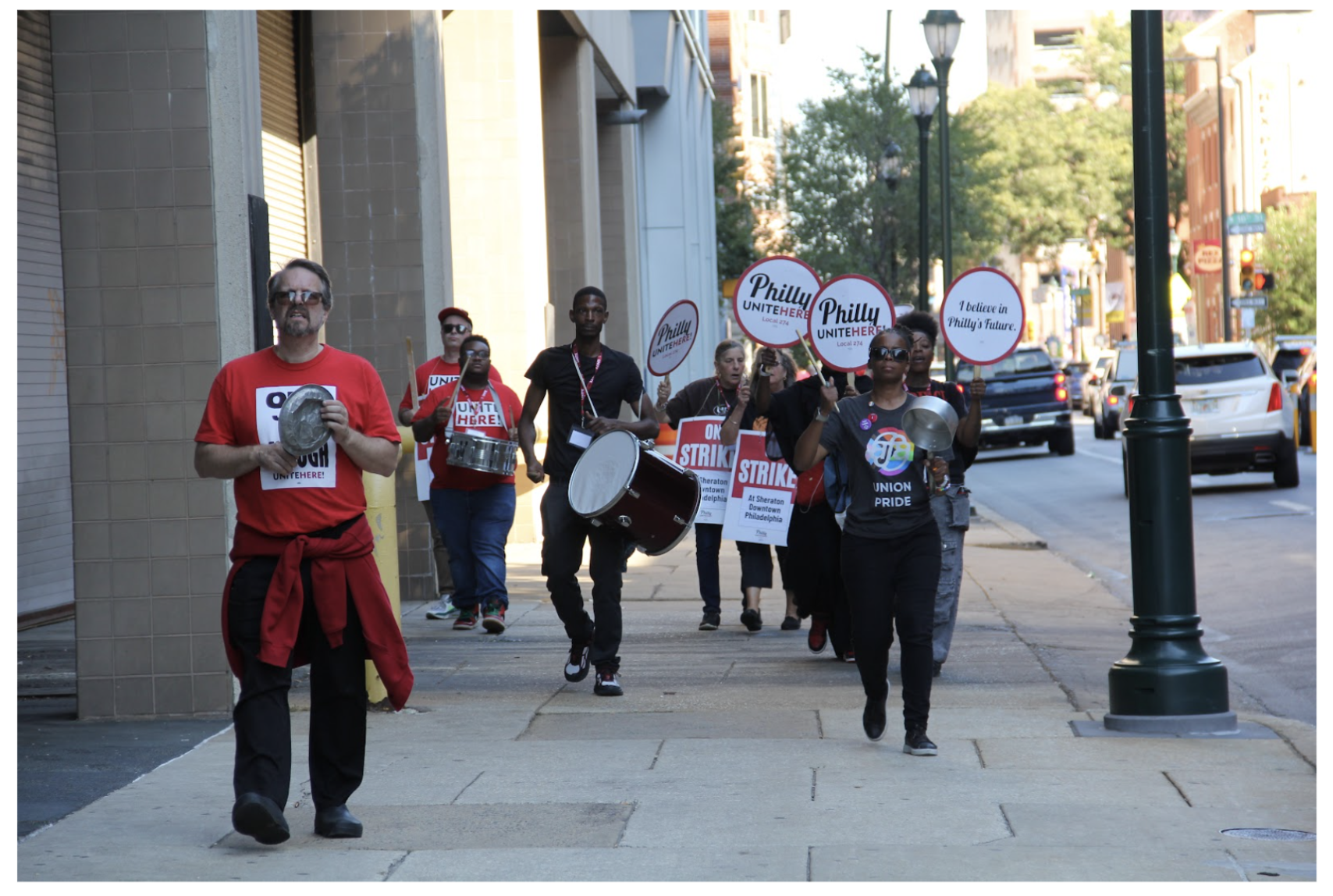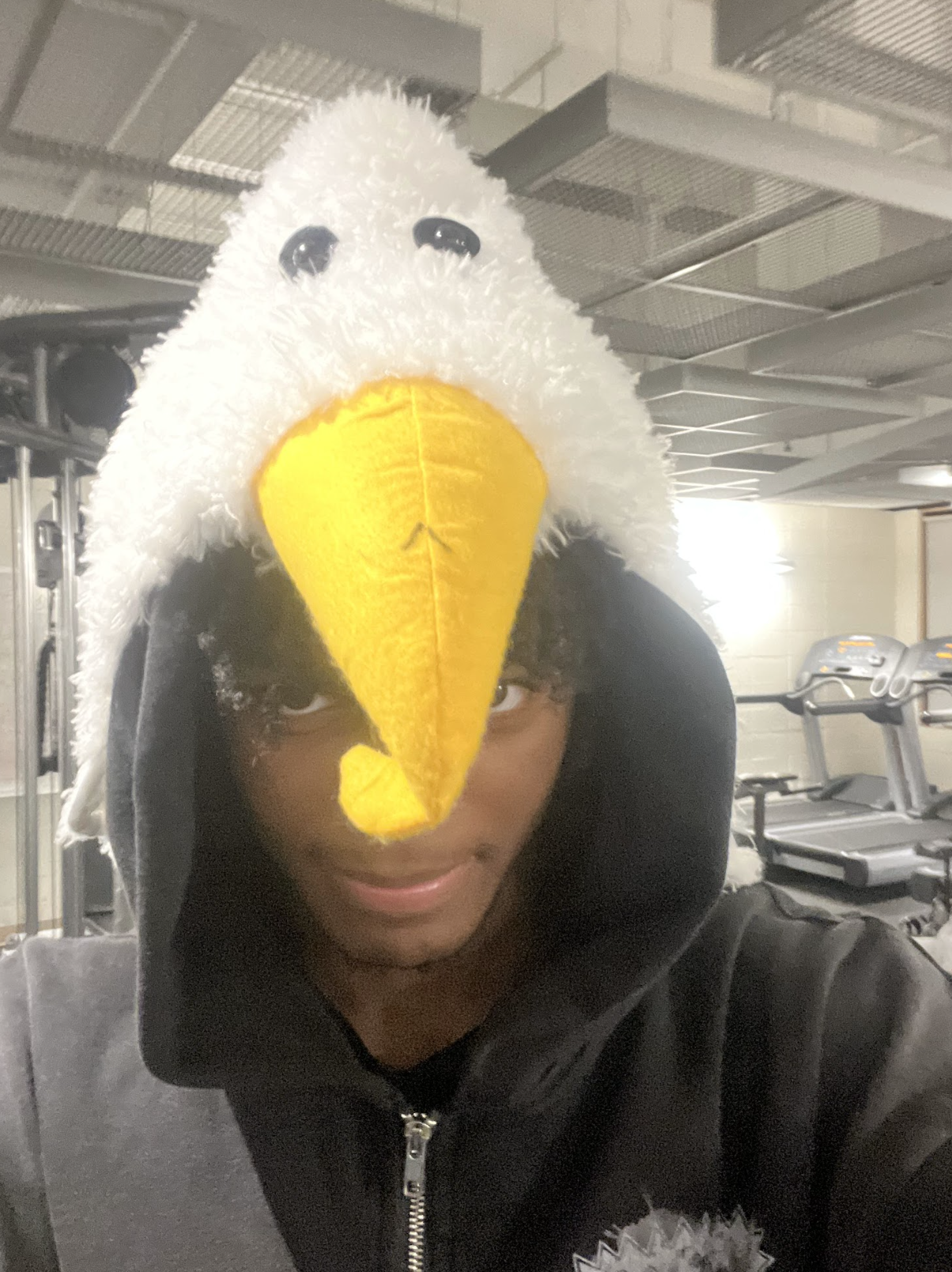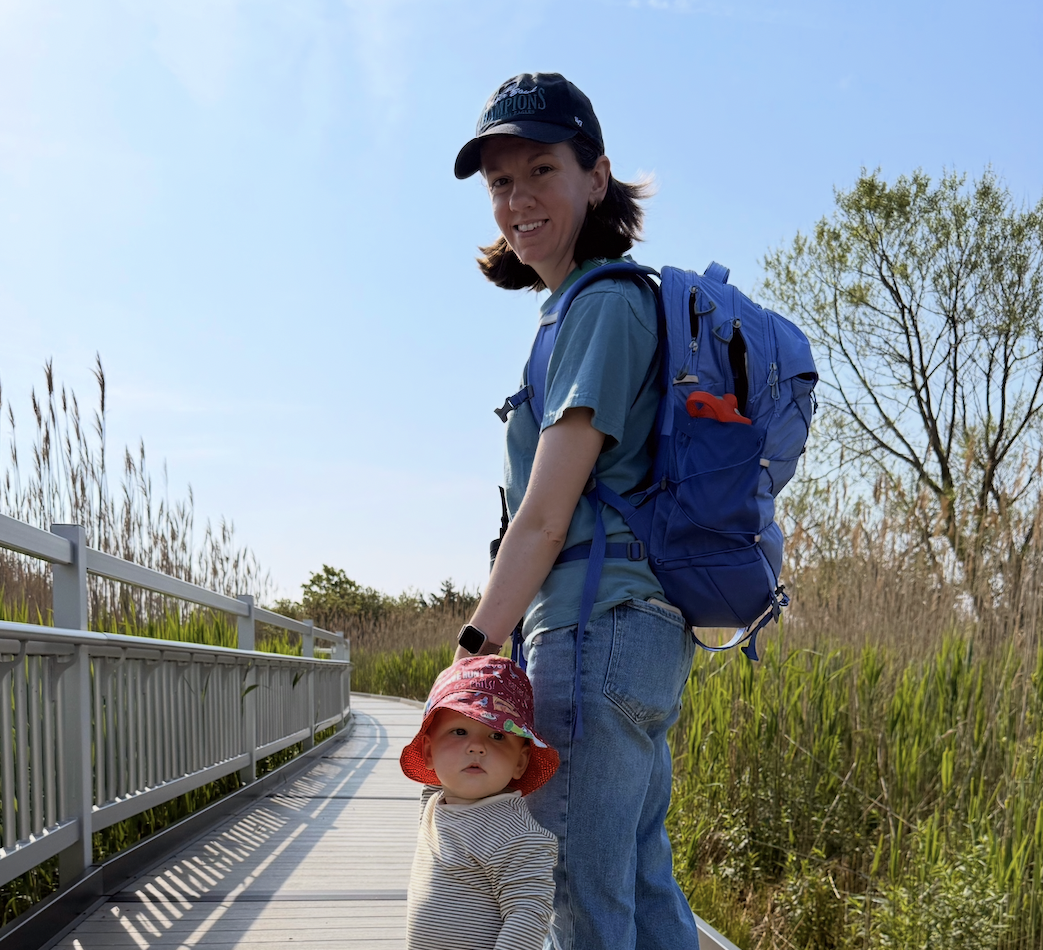Course Offerings: 2019/2020
The 2019/20 Course Offerings booklet as given to students.
May 6, 2019
There are sixteen exciting new courses coming to Friends Select in the 2019-2020 school year. To give readers some information about what’s happening next year and refresh their memories of course offerings, Erin Pratt offered her insight about new classes and teachers coming to FSS next year.
Of the sixteen new courses, the English department and the History department have the most, with five and three new electives, respectively. This seems overwhelming when you first take a look, but since the new electives are all semester-long courses, it’s easy to balance your interests and make the most of what FSS teachers can offer.
So what are the new courses?
For English, in addition to the core classes of English 9 (Explorations of Genre), English 10 (Romanticism & Modernism), and English 11 (American Literature), there are seven semester-long electives. Monstrous Imaginings, colloquially known as Monsters, is a spring semester class taught by Suzanne Morrison and has been a popular and consistently offered choice for years. Journalism was offered in the 2018-19 school year, but it is now a year-long course instead of two semester-long courses. Erin says that administrators expect more interest in the course now that The Falcon is up and running.
This leaves five English courses that are totally new to the FSS student body. For the fall semester, the courses Creative Nonfiction Writing; Race, Gender, and Nationality in Literature; and Caribbean Voices are all exciting options exploring identity and new writing styles. Creative Nonfiction Writing is similar to the memoir course that was to be offered this past year, but there wasn’t quite enough interest to run the class, so if you missed out on that course be sure to sign up for this one. Race, Gender, and Nationality in Literature would work well in conjunction with Gender History and African American History.
The other new English courses for the spring semester are African American Literature and The Postcolonial Writer, which would similarly work well with the various History electives offered. In summary, the English department is opening its arms to the voices of those all around the world. This opportunity to listen to and learn from marginalized or ignored authors is one to take advantage of.
In the History department, three of the six electives are new courses to FSS. These electives plan to go in depth on topics that aren’t covered as deeply in the core classes for freshmen, sophomores, and juniors. Unlike in the English department, it’s not required to take any History classes in your senior year, as long as the three credits from previous years are fulfilled. This gives students who are especially passionate about history the chance to be in a class full of like-minded students, those who love history and are genuinely interested in the subject.
Liberty and Law, colloquially “Liblaw”, is returning yet again, along with Gender History and African American History, two courses that were new in the 2018-19 school year. African American History was massively popular last year and is expected to fill up quickly, so keep an eye out for emails regarding a waiting list for this class. The History of Terrorism course is one that is pertinent to modern issues and how terrorism intersects with and changes society. Margaret Smith, who also teaches Gender History, said that this course sprung about because students were talking in depth about terrorism in all of her other classes, so she wanted to focus on it in this new course. However, Margaret will be the new Director of City Curriculum, so it’s unclear whether her electives will run.
Another new course, the History of Muslim Civilization, focuses on Islamic culture and tradition. This is another course, like the English electives, that aims to help students look at the world in a new, non-Eurocentric way. The History of Terrorism course is one that is pertinent to modern issues and how terrorism intersects with and changes society. The new History of Popular Music is a course that also fulfills a credit in the Fine Arts department, so for those who have space in their schedule for it, it could replace a course like Drawing and Painting or Choir. This course provides students with the opportunity to really focus on music and how it influences the society that makes and listens to it.
One way that FSS is succeeding in its development of course offerings is that any student can have a rich and absorbing education, because of all the ways that our classes intersect and merge with each other.
There is one new course in the Math department, and it was decided upon almost wholly by gauging student interest. Sowmya Srinivasan and Ralph Reinwald, according to Erin, were deciding between multiple new math electives when they settled on basing the decision on student interest. There were varied responses, but students eventually determined that Abstract Algebra was the top pick and Sowmya was happy to teach it. Abstract Algebra isn’t a topic that often comes up on standardized tests like the SAT or ACT, but taking this course in high school means it will be much easier and more familiar should you come across it in college. This kind of exposure to advanced topics is common at FSS, with courses like Advanced Physics and Advanced Chemistry preparing students for continued education.
In news for the Science department, the sought-after Anatomy and Physiology course is still running (and still expected to fill up quickly) because students love the trips the class takes and the hands-on experience that comes with. Chemistry of Art is being offered again instead of Sustainable Chemistry, which is a surprise because the class was small last year. Normally Heather Paul switches between the two year-by-year, but the Chem of Art course material can be easily applied to any art class, especially Metalsmithing. No new courses were added this year to the Science department, but with offerings such as Environmental Science and Engineering in the second semester, the classes still feel fresh.
The Visual Arts department is expecting some changes this year in the form of a new teacher. Zoe Blatt is currently the Upper School Multimedia teacher at the Haverford School, and will be joining the FSS faculty starting next year. It’s not clear yet which courses she will take over for, but it’s likely that she will take over for Nick Nehez in Filmmaking, Photography, and the newly-full-year Journalism. Animation and Digital Storytelling, a new semester-long course working with film and more modern styles of art, may also fall under her jurisdiction. The other new class next year is Advanced 2D Studies, another semester-long course, which delves deeper into art forms such as printmaking, drawing, painting, and mixed media. Students have the opportunity to focus more in this class on what has captured their attention in previous Visual Arts classes.
As for the World Languages department, students have displayed a lot of interest in recent years toward expanding the languages outside of Spanish, Mandarin, and Latin. While students can take independent studies and projects focusing on different languages like Greek, Italian 1 and French 1 have both been added to the course listing.
Drama is splitting this year from the Performing Arts department into its own department, with Donna Romero as the Department Head. This gives the classes the opportunity to take more class trips and makes it easier to eventually create more courses for the department. It also gives Donna some more control over how Middle School and Upper School Drama intersect, hopefully creating a more cohesive transition into a higher level of performing in Upper School.
In addition to this new development, one new class has been added to the department: Technically Theater. This course will focus on learning about everything that happens backstage, including stage crew, designing from a script, and the technical side of production. It will be taught by Max Budnick, who students are familiar with as he also mans the front desk. The school hopes that this class will allow students to become comfortable behind the curtain during productions and even opens up the opportunity for students to help out outside of the classroom, like during assemblies or just learning the trade for the life experience.
If you’re wondering how exactly these classes get decided on, Erin had an answer: mostly student interest with the teacher’s expertise and passion for the subject added in. Every year, a handful of departments go through an audit, where department chairs look over their subjects curriculum and restructure them to fill any gaps. Erin says that there is intentional work done on the core subjects to make sure everyone has the education we need. From there, individual classes are decided based on student interest and teacher passions. “Teachers are interested and feel excited about teaching the classes, so a lot of the time it comes to a combination of what we’re hearing [the students are] interested towards and how we want to grow a program,” Erin shared.
Limiting factors for classes are enrollment, as in a class with not enough students signed up won’t run, or for a class that’s overenrolled students will be placed into their second or third choices. Classes with only one section are notoriously harder to get into, like Anatomy & Physiology or African American History. It’s easier as a junior or senior to take more electives, because once a student has fulfilled their core requirements in Fine Arts or Language, or if they take two sports and don’t have to take PE, they have more free class blocks. This flexibility opens up options for upperclassmen, while underclassmen are focusing on essay writing skills and research capability in their classes. The only requirements for seniors are taking five classes a semester, one of which has to be English. English is the only department that requires credit for all four years.
This freedom is something that most students look forward to, as it allows for doubling or even tripling in areas students are passionate about and interested in. In senior year, it’s possible to take all English classes, for example. It’s strongly advised by college counselors not to do this, as colleges want to see a diverse application, but the point is it is possible.
Students should take advantage of the varied courses available to them at FSS. Our teachers are accomplished, passionate, and (importantly) they care about their students. Even if you are placed into a class you’re not too into, it may prove to be valuable and interesting despite your expectations.

